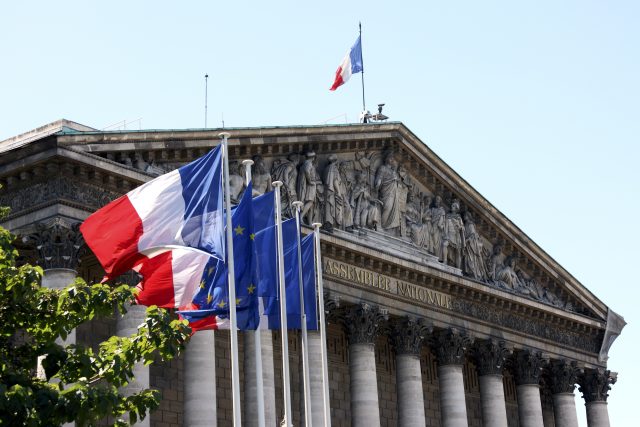This website uses cookies so that we can provide you with the best user experience possible. Cookie information is stored in your browser and performs functions such as recognising you when you return to our website and helping our team to understand which sections of the website you find most interesting and useful.
France’s top producers want the government to do this
The drinks business asks some of the country’s fine wine producers how the French Government could better serve the top end of the wine industry. Here’s what they said…

In February, newspaper headlines were ablaze with the news that France’s government had agreed to stump up €230 million to help vignerons deal with an oversupply of wine, as well as potentially to uproot vines. Four months on, db asks some of the country’s top producers how else Paris could help them.
“I would say lowering taxes, which would improve the costs of production and exports,” says Eric Aracil, co-director in charge of exports at the Conseil Interprofessionnel des Vins du Roussillon (CIVR).
Valérie Vincent, marketing manager for artisan winegrowing group Rhonéa, believes that “streamlining export regulations and negotiating favourable trade agreements” should be top of the agenda in 2024.
She also stresses the importance of winemakers being afforded the freedom to be creative. “Allowing more flexibility to innovate while maintaining quality standards should also be a major measure,” she says; “for example, by allowing new, climate-resistant grape varieties to be used, or permitting more appellations to produce white wine.”
For others, the way in which wine producers are allowed to advertise their products is something that fundamentally needs to change.
“We need to allow wineries to advertise in France,” says Barton & Guestier’s Phillippe Marion. “The Loi Evin [French alcohol and tobacco policy law passed in 1991] is old-fashioned, and not really efficient. It prevents the big French wine brands from becoming global.”
Some fine wine producers like Vincent, also believe the government could go further in terms of promoting French wine culture globally. She suggests a series of “targeted marketing campaigns in order to boost the prestige and recognition of high-end French wines abroad”.
Many want there to be less talk of the price of French wine and more of a dialogue about the richness of the country’s terroirs, the craftmanship of its winemakers and, for some regions, their environmental stewardship via sustainable and organic practices. In the July 2o24 issue of db, we ask whether the trade is too preoccupied with price, and delve into some of the most promising French regions for fine wine this year.
Finally, there is the ever sensitive issue of international diplomacy. Laurent Bonfils, president of Languedoc-Roussillon producer Domaine Bonfils wryly tells db that the government should “take care of its geopolitical relations…” A nod, perhaps, to the rumours that China may target European Union wine exports following the EU’s anti-subsidy investigations into Chinese companies.

